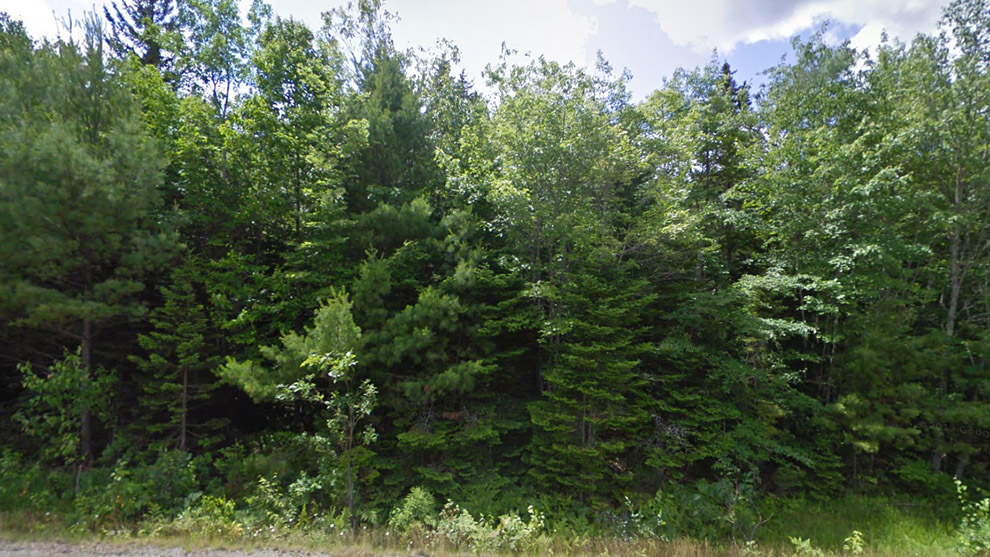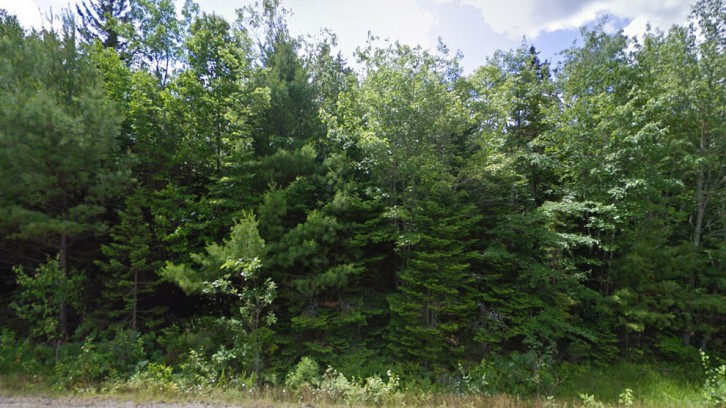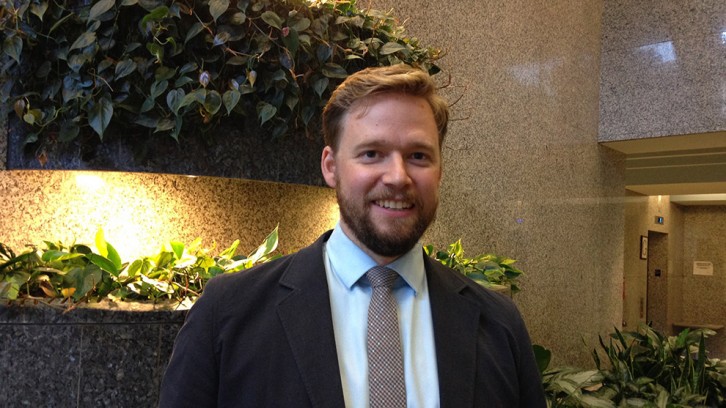Forestry
Committee discusses sustainable forests
The Medway Community Forest Co-operative told MLAs how it plans to use a quarter million dollars in provincial money to make a local forest economically viable

caption
The forest in Annapolis County
caption
The forest in Annapolis CountyRepresentatives of a group heading the first community forest in Eastern Canada brought ideas for financial sustainability to a legislative committee Thursday.
Will Martin, board chairman for the Medway Community Forest Co-operative, along with forest manager Mary Jane Rodger, laid out a possible financial plan for the group’s 15,000-hectare forest in Annapolis County.
They proposed several ways to make the forest economically viable, including providing firewood to local residents and users of Kejimkujik Park, and catering to eco-tourism.
“This is entirely an experiment,” said Martin. “The outcome is to find a business model.”
Medway signed an agreement with the province earlier this year to maintain an environmentally sustainable forest that would create local jobs, while remaining economically viable.
The group appeared before the province’s Standing Committee on Resources to explain their plan and take questions from MLAs. The committee was chaired by Liberal MLA Gordon Wilson, who was accompanied by eight other legislators.
Medway is a three-year pilot project that is receiving $274,000 from the provincial government.
“Our forests are not as healthy as they once were,” Martin said. “The forest industry is struggling to maintain a viable business model.”
“We can’t wait for a catastrophe event before we innovate,” he added.

caption
Will Martin, board chairman for the Medway Community Forest Co-operative.Referring to the closing of the Bowater mill as a “catalyst moment,” Martin said adapting to economic changes in the province is one of the many challenges facing the group.
Provincial stumpage prices are one such obstacle. The stumpage rate is the fee the province charges for harvesting timber on Crown land. Martin said that while this price is satisfactory for private landowners, it’s too high for Medway’s large area. He noted that some provinces have different stumpage fees for their forest co-operatives.
Medway, which is registered as a for-profit co-operative, has four principles that guide its decision-making process:
- Direct management by the community
- Local economic benefits
- Forests managed for multiple values
- Strong commitment to environmental stewardship
NDP MLA Sterling Belliveau noted that three years is a short period of time for the group to develop a successful business plan.
Progressive Conservative MLA John Lohr said that he has not seen much clear cutting in the Medway area, although Martin noted that 60 per cent of the trees are less than 40 years old, having been replanted by a local pulp mill.
“What we’re attempting is ambitious and not easy,” Martin said. “We have to build a business model together.”

